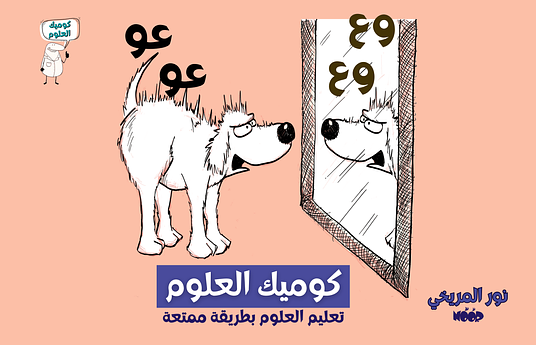The issue
The caste system assigns individuals a certain hierarchical status according to Hindu beliefs. Traditionally there are four principal castes (divided into thousands of sub-categories) and a fifth category of people who fall outside of the caste system; the Dalits.
The word Dalit translates as ‘oppressed’ or ‘broken’ and is generally used to refer to people who were once known as ‘untouchables’ because of the impurity and pollution connected with their traditional ‘outcaste’ occupations.
Dalits face discrimination at almost every level, from access to education and medical facilities to restrictions on where they can live and what jobs they can have. Deep-seated low self esteem and abuse has trapped Dalit communities in a cycle of poverty, abuse and exclusion.
The innovation
On rooftops and canal sides, in makeshift shelters and homes, all the Centres are child friendly environments that tackle barriers to education by providing opportunities to learn for over 900 children, enabling them to become proficient in maths, science and language. Our partners also work with local schools to encourage eventual integration into the mainstream system.
The curriculum includes a focus on rights (under Indian and international human rights law), caste discrimination and local justice systems. Through ten 'Children's Parliaments', 165 children learn about their rights and responsibilities, and how to campaign about the issues that matter to them.
Centres also form a platform to bring change in the wider community. An important component of this work is our support of 50 women’s groups, formed through a democratic process, educated about rights, and supported to realise them. They bring change through the creation of dialogue and the use of nonviolent action.
The time is right for investing in work that informs Dalit communities about their rights, gives them the tools they need to practice self-determination and develops their ability to create better lives.


